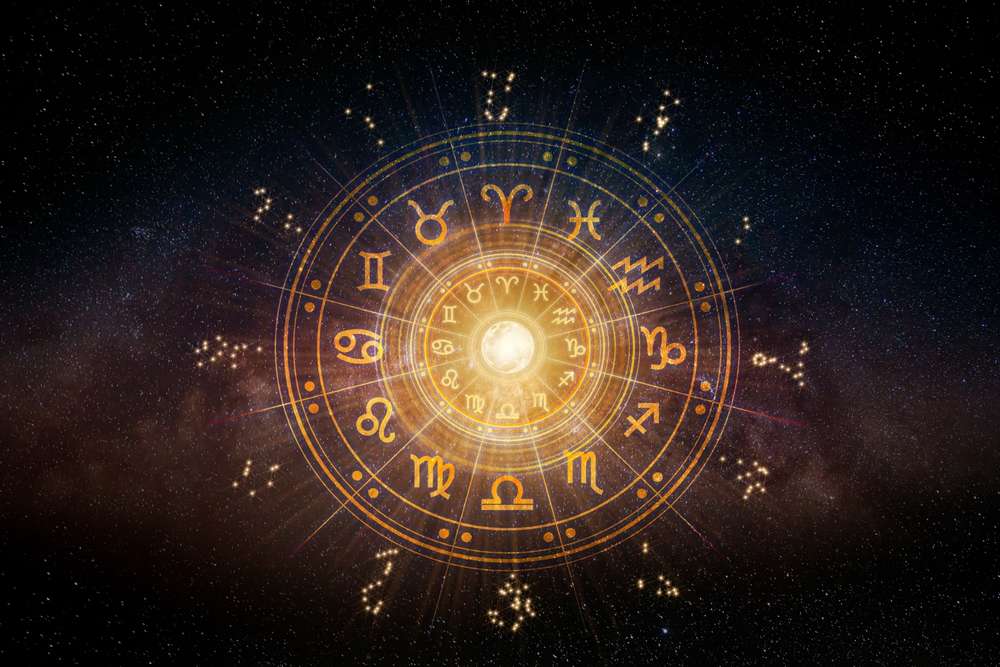Find Out What Your Zodiac Sign Says About You
Many people explore zodiac signs to gain insights into personality traits, strengths, and potential challenges. While interpretations may vary, understanding the general characteristics associated with each sign can be an interesting way to learn more about yourself or others. Discover more in this article.

What are the 12 zodiac signs and their dates?
The zodiac is divided into 12 signs, each corresponding to a specific date range:
-
Aries (March 21 - April 19)
-
Taurus (April 20 - May 20)
-
Gemini (May 21 - June 20)
-
Cancer (June 21 - July 22)
-
Leo (July 23 - August 22)
-
Virgo (August 23 - September 22)
-
Libra (September 23 - October 22)
-
Scorpio (October 23 - November 21)
-
Sagittarius (November 22 - December 21)
-
Capricorn (December 22 - January 19)
-
Aquarius (January 20 - February 18)
-
Pisces (February 19 - March 20)
Each sign is associated with one of four elements (fire, earth, air, or water) and is said to possess unique characteristics and traits.
How do zodiac signs influence personality traits?
Astrology suggests that the position of celestial bodies at the time of a person’s birth can influence their personality and life path. While scientific evidence doesn’t support these claims, many find the descriptions of zodiac sign characteristics to be relatable or insightful.
For example, fire signs (Aries, Leo, Sagittarius) are often described as passionate and energetic, while earth signs (Taurus, Virgo, Capricorn) are typically associated with practicality and stability. Air signs (Gemini, Libra, Aquarius) are often linked to intellectual pursuits and communication, while water signs (Cancer, Scorpio, Pisces) are frequently described as emotional and intuitive.
What are some common characteristics for each zodiac sign?
Each zodiac sign is believed to have its own set of distinct traits:
-
Aries: Confident, impulsive, and enthusiastic
-
Taurus: Reliable, patient, and determined
-
Gemini: Adaptable, communicative, and curious
-
Cancer: Intuitive, nurturing, and protective
-
Leo: Charismatic, creative, and confident
-
Virgo: Analytical, practical, and perfectionist
-
Libra: Diplomatic, charming, and balanced
-
Scorpio: Passionate, resourceful, and intense
-
Sagittarius: Optimistic, adventurous, and philosophical
-
Capricorn: Ambitious, responsible, and disciplined
-
Aquarius: Innovative, independent, and humanitarian
-
Pisces: Imaginative, empathetic, and intuitive
These descriptions offer a general overview, but individual personalities are complex and influenced by many factors beyond astrology.
How can understanding your zodiac sign be beneficial?
While zodiac signs shouldn’t be used as a definitive guide to personality, exploring them can offer several potential benefits:
-
Self-reflection: Reading about your sign’s traits may prompt you to consider your own strengths and weaknesses.
-
Improved relationships: Understanding different personality types can enhance empathy and communication with others.
-
Personal growth: Identifying areas for improvement based on your sign’s characteristics might inspire personal development.
-
Fun and entertainment: Many people enjoy discussing and comparing zodiac signs as a lighthearted social activity.
It’s important to remember that astrology should be approached with a balanced perspective and not used as a substitute for professional advice or personal responsibility.
What are some unique facts about zodiac signs in the United States?
In the United States, interest in astrology and zodiac signs has seen fluctuations over the years:
-
According to a 2018 Pew Research Center survey, 29% of American adults believe in astrology.
-
Millennials and Gen Z show increased interest in astrology compared to older generations.
-
The popularity of astrology apps and online horoscopes has grown significantly in recent years.
-
Some US cities, like New York and Los Angeles, have vibrant astrology communities with regular events and workshops.
-
American newspapers and magazines often feature horoscope columns, contributing to the widespread familiarity with zodiac signs.
How do different astrological systems compare to Western zodiac signs?
While Western astrology is widely known in the United States, other astrological systems offer different perspectives on personality traits and zodiac signs:
| Astrological System | Origin | Number of Signs | Key Differences |
|---|---|---|---|
| Western Zodiac | Ancient Greece/Babylon | 12 | Based on seasons, uses tropical zodiac |
| Vedic Astrology | India | 12 | Uses sidereal zodiac, different date ranges |
| Chinese Zodiac | China | 12 | Based on years rather than months, uses animal symbols |
| Celtic Tree Astrology | Celtic cultures | 13 | Based on lunar calendar, associates signs with trees |
| Native American Zodiac | Various tribes | Varies | Often based on animal totems, varies by tribe |
Each system offers a unique approach to understanding personality traits and life patterns. While Western zodiac signs are most commonly referenced in the United States, exploring other astrological traditions can provide additional perspectives on how celestial bodies might influence human characteristics.
In conclusion, zodiac signs offer an intriguing lens through which to explore personality traits and self-reflection. While not scientifically validated, many find value in the insights and discussions that astrology can provoke. Whether you’re a firm believer or simply curious, understanding the basics of zodiac signs can be an engaging way to consider different aspects of human nature and personal growth.




